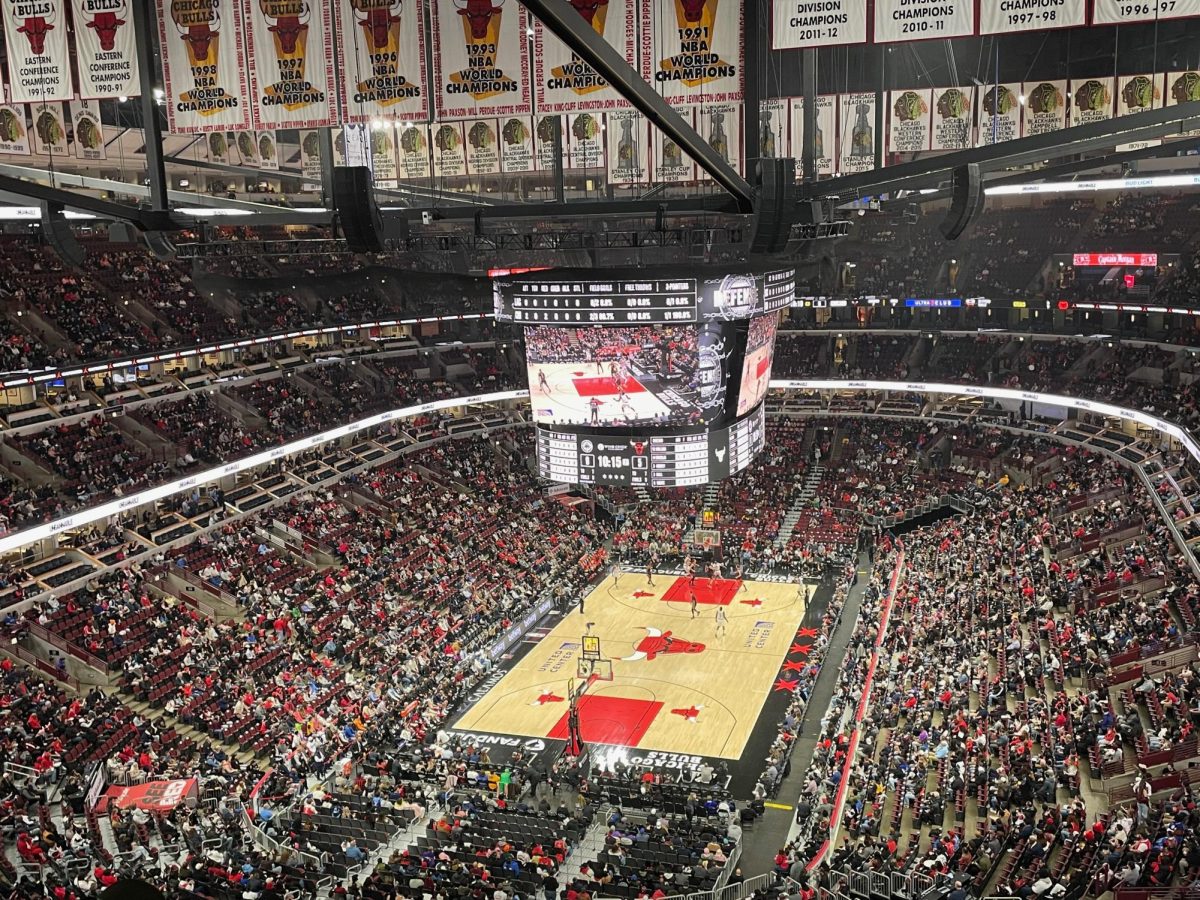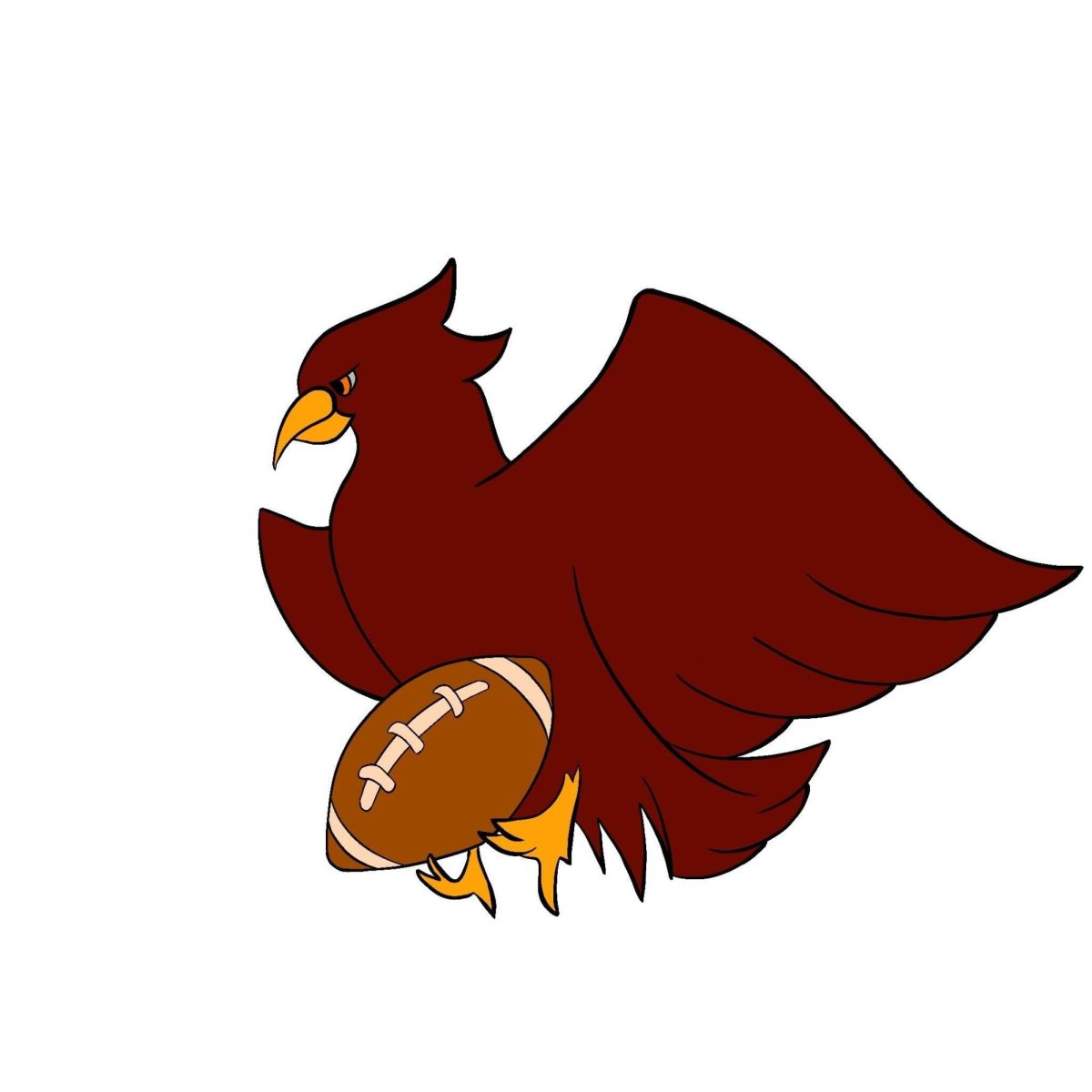At first glance, the Sunday morning practice seems to confirm all the clichés you’ve ever heard about ultimate frisbee. There’s plenty of long facial hair and dreadlocks, team members drift one by one for a full 15 minutes after the scheduled start, and it’s initially a little unclear who is actually in charge. As the squad warms up, casually tossing discs back and forth, there’s plenty evidence of the speed, physics-defying tricks, and aerial artistry that one connects with the sport, but there’s also the lack of discipline one would guess.
Someone calls for a warm-up run. The team moves quickly into stretching and then into two solid hours of hard drilling. Third-year Dan Silverstein, one of the team’s co-captains, walks around each practice observing each team member and offering instruction. At one point, he shouts that a “cuts” drill will not end until the team successfully completes it 10 times, in near-perfect imitation of a frustrated football coach. In the third hour, the team splits in half for a scrimmage. Even on a cool day, squad members frequently need water breaks.
At the U of C, frisbee is connected first, last, and always with partying hard and police cars headed for the Pepperland. Members of the school’s club team aren’t necessarily thrilled with this reputation. More than two decades into its history, Chicago ultimate frisbee is demanding to be taken seriously.
As a whole, the sport is connected with a particular brand of counterculture. This seems to be especially true on this campus, where the team is termed laid back at best and more often falls victim to characterization as glassy-eyed slackers. Players will admit that this isn’t totally removed from the truth, but they also argue that the squad demonstrates a level of intensity perfectly familiar to most Chicago students.
“[Our reputation] sort of gets misinterpreted or misconstrued,” Silverstein said. “A lot of people see ultimate frisbee as just stoner hippies, doing drugs, drinking alcohol. It’s hard for us, because we like to think of ourselves as a real team, putting a lot of effort into it, and a lot of people just dismiss us right off the bat.”
The team, dubbed Chicago Junk, is split up into two main squads. Silverstein and fellow co-captain third-year Vehro Titcomb manage both the more competition-focused A team and the lower-commitment B team. Though the two groups practice together until sanctioned tournament play begins in late winter, they are substantially different. The “varsity” group is largely self-selective, as those who are willing to put in the necessary effort climb the ladder.
“People who are willing to commit time to the team make the A team, regardless of skill level,” Silverstein said.
“There are definitely some people out here who have the attitude of ‘Let’s go smoke some weed and play Ultimate Frisbee.’ That’s why we have a B team,” Titcomb said. “They’re out there to have fun. They really dig into the culture of it and not so much the Frisbee. But I don’t think anyone on the A Team has a problem with working hard.”
The team practices at least twice a week for two to two-and-a-half hours a day, with pickup games on the intervening days and a long Sunday practice on non-tournament weekends. While the team scrimmages at the end of each session, there is a substantial amount of time spent on drills. During the winter months, the club fights for indoor practice space in Henry Crown and the Lab School gymnasium. They try to keep in shape with flyometric workouts to help with jumping ability and what can be as many as four days a week of weight work to maintain fitness. Practices are organized and run by the team captains, who functionally serve as player-coaches. The team has not had a professional coach in program history, a fact not atypical to College Series Ultimate Frisbee.
“It could certainly help us, but it would take away some of the intimacy of the team,” Silverstein said.
“The two of us know a great deal more about the sport than the team as a whole…People respect us, people listen to us, people ask us questions. It works for us,” Titcomb said.
The team competes throughout the winter, but puts more focus into the spring tournaments. Whereas in the fall, games tend to be casual and focused on getting team members into the flow of the game, later tourneys are dominated by the looming specter of the Ultimate Player’s Association tourneys. The governing body of the sport, the UPA runs three events from March to May, culminating in the national tournament, in which the 16 best squads in the country vie for the national face off for the Ultimate championship.
Chicago plays some legitimate programs to prepare for the championship, facing off against a number of Big Ten, Pac-10 and Ivy League schools throughout the past few years. The team’s recent big wins include a victory last year over a Top-30 Indiana team.
As the sport has developed and grown in popularity, making nationals has become increasingly difficult. Last year, only one Division III team qualified.
“It’s hard for us to compete with teams like Illinois, Michigan, Michigan State, who can get wide receivers off their football team. What can we do?” Silverstein said. “We can’t match up with 6-foot-6 behemoths from state schools. We’ve beaten some decent teams, but we’ve never made it to nationals, and we’re probably never going to go. There’s a very real glass ceiling.”
Similar sentiments among smaller schools across the UPA have prompted discussions of a separate Division III national tournament, which may take place for the first time ever in the spring. If so, Chicago will likely be a serious contender for a historic championship title. The team has had significant successes against clubs from schools with similar demographics, such as Wheaton, Oberlin, Ohio Northern, and Knox College.
“If it happens, and if we choose to participate, we will almost definitely qualify, and we’d have a good chance of winning,” Titcomb said.
However, both captains were quick to acknowledge that the squad had a way to go before it reached that level. Over the next several months, they hope to work on increased mental discipline and will be looking to limit turnovers going into the spring. The team, currently dominated by first and second-years, has historically had problems with giving up the Frisbee too easily and trying to make low-percentage deep throws. Silverstein, Titcomb, third-year Georgie Betts, and second-year defensive ace Dave Wiegand should lead the team on the field. The team will be try to utilize a new defense Silverstein and Titcomb learned from Chicago’s professional Ultimate Frisbee franchise.
“It’s defense that’s probably never been seen at this level,” Titcomb said.
However, winning isn’t the team’s only priority. Silverstein and Titcomb emphasized that while they do work hard, a certain element of relaxedness is part of the culture of the sport. The team holds weekly rounds of disc golf and beer die to build team unity, and there is a Little League-like emphasis on making sure that everyone gets into the games.
“I think [the hard-partying image] is necessary,” Titcomb said. “Part of Ultimate Frisbee is going to tournaments and partying afterwards.”
“It’s an intrinsic part of the sport’s culture,” Silverstein said.








